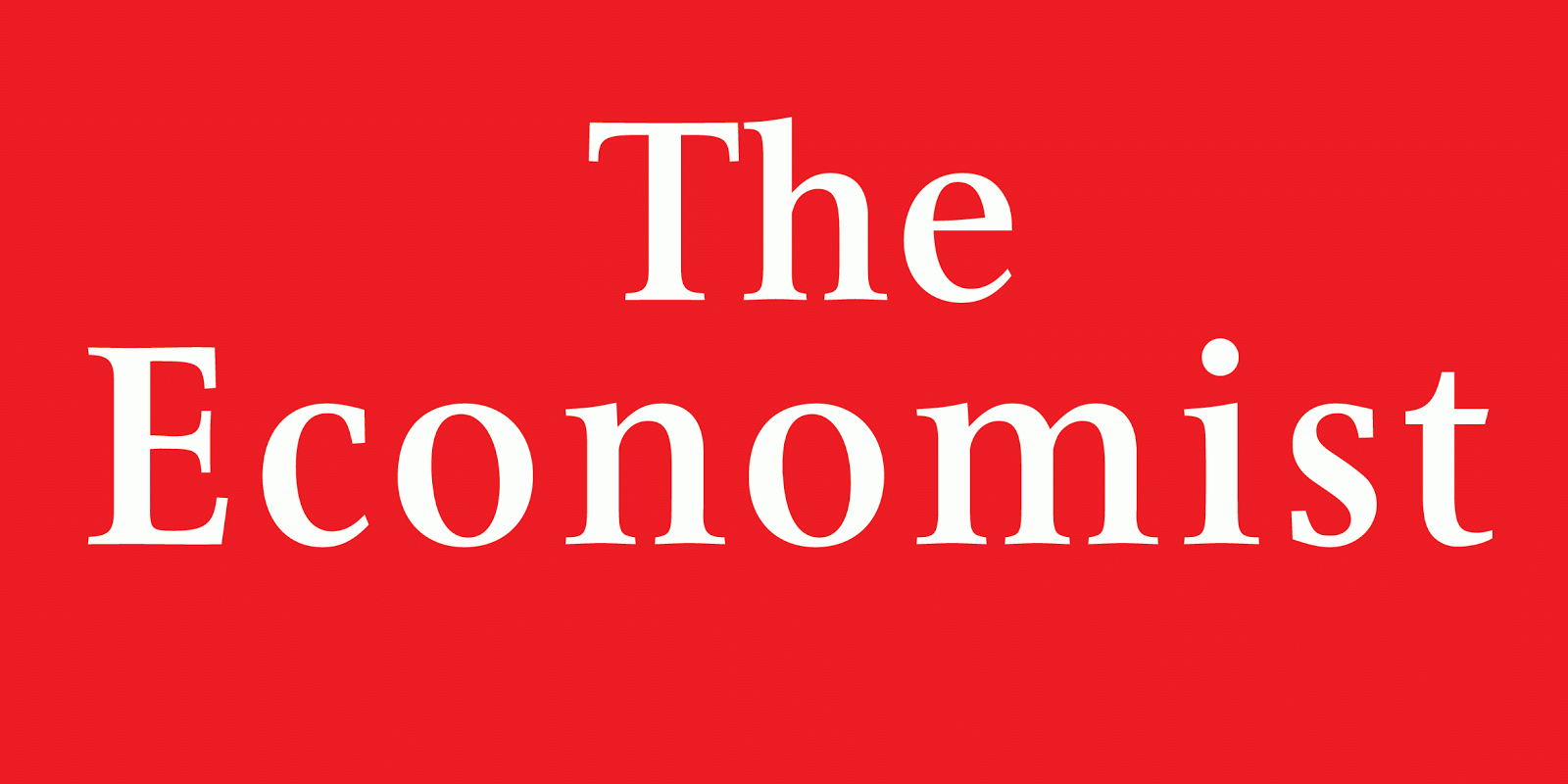Famine in the Horn of Africa: How have things changed? Economist Online. September, 2011.
Jonathan Ledgard, the Africa correspondent for The Economist magazine, released an article on September 5th that asked how much further we’d come as a global society since the famine of the 1980’s. He interviewed Majka for the piece, and what follows are her extended answers about the response to the famine, the pattern of media, and patience.
JL Question: How has the media/politicians/UN/NGO’s responded to the famine? Are they exacerbating the situation? Why the need for exaggeration? Do the television images support fundraising or undermine it? View the full article here.
MB Answer: I believe that we (the media and the global public) are patterned in our responses to the Horn of Africa famine as a result of the collective media fatigue leftover from the 1980’s. Therefore we are not seeing these images with fresh eyes, but rather with exhausted eyes. The details are very real and very important, but rather than help the situation I would argue they make it worse by playing the same note of devastation that no one really wants to keep hearing. The images of starving and dead women and children are easy to come by and are accurate renditions of the famine, but who really wants to see another one? This might seem very crass but it is meant to be very honest. What would happen if an image of a lush coffee forest was flashed on the screen instead? Of a lake? Of a healthcare facility that is working? Of an eye health initiative where 1,000 people are cured from blindness in one week? I don’t think any of these would take away from the famine but they might just allow hope to come into the conversation and thus inspire action instead of further deaden the response.
Much of the current media exaggerates the situation by claiming that the entire Horn of Africa is starving. This rallying cry is meant to make us all pay attention, but I think it makes us want to look away. How can you help the entire Horn, after all, and haven’t we been trying for years? (more on this intentionally tongue in cheek comment in my next blog). We could push this line of reasoning and say that humans should be able to take a great deal of bad news and still care and still act. We should have that patience. But I don’t know if we really do, or if we really should. In the past five years I’ve given over sixty lectures around North America about Ethiopia. People hang onto the good I share and not in a naive way, but in a way that makes them more motivated to pay attention to the bad. In short, I think we can understand more complicated reporting that shows both.

